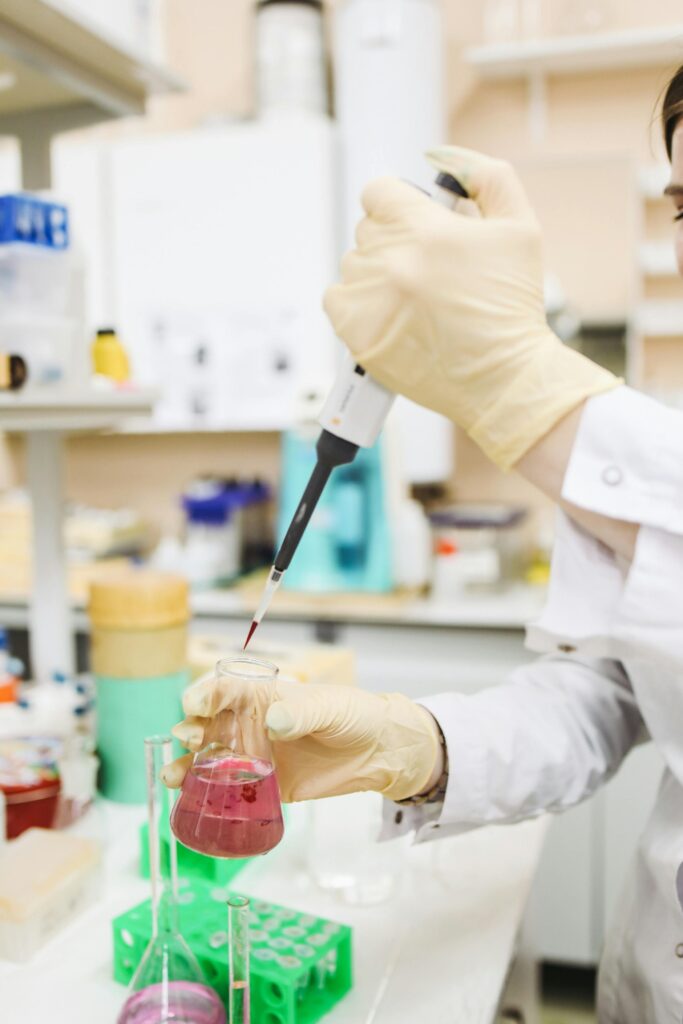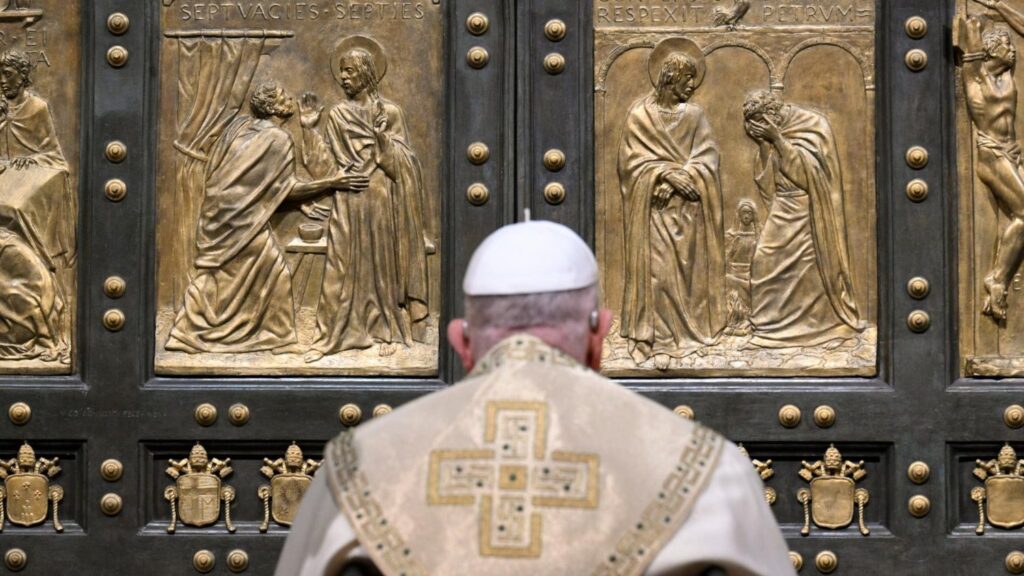In Vitro Fertilization: The Catholic Church and the Message of the Last Three Popes
A Doctrinal Vision

The Catholic Church maintains a clear position regarding in vitro fertilization (IVF), considering it morally unacceptable. This position is based on the conviction that human procreation must be the result of a natural conjugal act between a man and a woman united in marriage.
In 1987, the Congregation for the Doctrine of the Faith issued the instruction “Donum Vitae”, which specifically addresses IVF. This document points out that the fertilization of the egg in a test tube separates procreation from the conjugal act, which raises serious ethical and moral questions. In addition, it condemns heterologous artificial fertilization, that is, that which uses gametes from a donor outside the marriage, considering it contrary to marital unity and the right of the child to be conceived within marriage.
Subsequently, in 2008, the instruction “Dignitas Personae” was published, which reaffirms and updates the Church’s teaching on these techniques. This document stresses that in vitro conception results from a technical action that precedes fertilization, and is not obtained or desired as the expression and fruit of a specific act of the conjugal union. It also underlines that in the context of IVF techniques, the number of sacrificed embryos is very high, exceeding 80% in the most important centers, which raises serious ethical concerns about respect for human life from its inception.
Over the years, the Popes have reiterated this teaching:
- John Paul II: In the encyclical “Evangelium vitae” (1995), he condemns the use of human embryos and fetuses as biological material for experimentation or transplantation, a practice that often involves the creation of embryos through IVF for research purposes.
- Benedict XVI: In the encyclical “Caritas in Veritate” (2009), he warns about practices such as IVF, embryo research and cloning, pointing out that they are born and promoted in a culture that believes it has unraveled every mystery, reaching the root of life, which can lead to improper manipulation of human life.
- Francis: Although he has not issued specific documents on IVF, he has emphasized on various occasions the importance of respecting human life from conception and has expressed concern about practices that exploit human life in its most vulnerable stages.
In short, the Catholic Church maintains that in vitro fertilization is morally unacceptable because it separates procreation from the conjugal act and entails the destruction of human embryos, which goes against the dignity of the person and the respect due to human life from its inception.
Other articles in this series:
Related

How to gain a plenary indulgence during the Jubilee Year?
P Angel Espinosa de los Monteros
14 April, 2025
3 min

The Christian Sacrifice
Luis Herrera Campo
14 April, 2025
4 min

A Prodigious Mind: Thomas Aquinas
Jesús Ortiz López
14 April, 2025
6 min

Sunday Psalm: A Sense of Abandonment and Hope for Salvation
Heschel Centre for Catholic-Jewish Relations at the Catholic University of Lublin
13 April, 2025
4 min
 (EN)
(EN)
 (ES)
(ES)
 (IT)
(IT)

